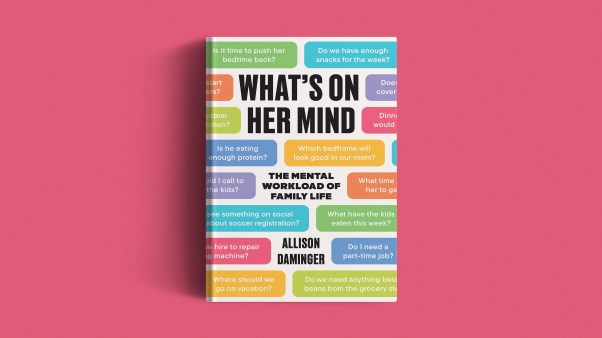My mother was listening to audio books (Jane Austen, assorted mysteries, books on Elizabethan England) before the industry took off, and it was from her that I learned of the pleasures of the medium. Since then, Wendy and I have listened to books whenever we are on a trip together (the Wheaton Public Library has a splendid selection) and at home as well.
They have many charms, apart from the most basic and lasting, which is simply HEARING the words and thus tasting them, hefting them, returning to the roots of language. If you are listening to one of P. D. James’ novels featuring Adam Dalgliesh, you hear British English instead of the American version, and this enriches your subsequent silent reading. Indeed, simply hearing how a person’s name or a place name should be pronounced is a boon.
Sometimes audio books give me entry into books and writers I thought I wouldn’t care for. I had assumed I would have no interest in Lemony Snicket’s Series of Unfortunate Events. But hearing some of the books in the audio version while riding in my daughter Katy’s car, I loved them. (Except for the volumes which the author ill–advisedly chose to read himself. Katy and I agree that the contrast between his reading and the superb performance of the “regular” reader is painful.)
Here are some audio books from 2007 that you might want to check out. All fiction this week. Next week, some nonfiction.
Boomsday, by Christopher Buckley (Hachette). Usually a new book by Buckley ends up on my list of favorites for the year. I was mildly disappointed by this one, which centers on conflict between aging boomers and the younger generation. The point of the satire seemed uncharacteristically muddled. But even when he’s not at the top of his form, Buckley is pretty funny.
The Careful Use of Compliments, by Alexander McCall Smith (Recorded Books). The latest in the Isabel Dalhousie series. Very nice to hear the Scottish names aloud. The readers for Recorded Books are typically first–rate, and Davina Porter is no exception.
The Overlook, by Michael Connelly (Hachette). First serialized in the New York Times Magazine and then published in slightly different form as a book, this entry in the Harry Bosch series suggests that there is still some life in the character.
The Oxford Murders, by Guillermo Martinez (Blackstone). Published in English translation a couple of years ago and only now available in an audio version, this novel by a writer from Argentina—who has a doctorate in mathematical logic—should appeal to devotees of Borges.
Spook Country, by William Gibson (Penguin Audio). Gibson’s new book seems loosely connected with its predecessor, Pattern Recognition, and may turn out to be the middle volume of another trilogy. And like Pattern Recognition, it is set in the present, departing in that respect from the conventions of science fiction.
Tree of Smoke, by Denis Johnson (Audio Renaissance). A word of warning. I found this long, garrulous Vietnam novel very hard to read, but I persisted. Some of Johnson’s books are like that. This particular book won the National Book Award and also made the NYTBR’s list of the year’s ten best books. On the other hand, B. R. Myers’ review in The Atlantic describes it as “astonishingly bad.” In my reading, the truth is somewhere in between, but closer to Myers than to the judges of the National Book Award. You can make up your own mind.
The Yiddish Policemen’s Union, by Michael Chabon. This was one of favorite books of the year, despite some complaints (not least with Chabon’s depiction of evangelicals). Chabon is always particularly enjoyable in audio—he savors words as Nabokov did—and in this case, where there’s a lot of Yiddish and quasi–Yiddish, there’s an extra reason to listen as well as read.
John Wilson is the editor of Books & Culture.
Copyright © 2007 Books & Culture. Click for reprint information.







